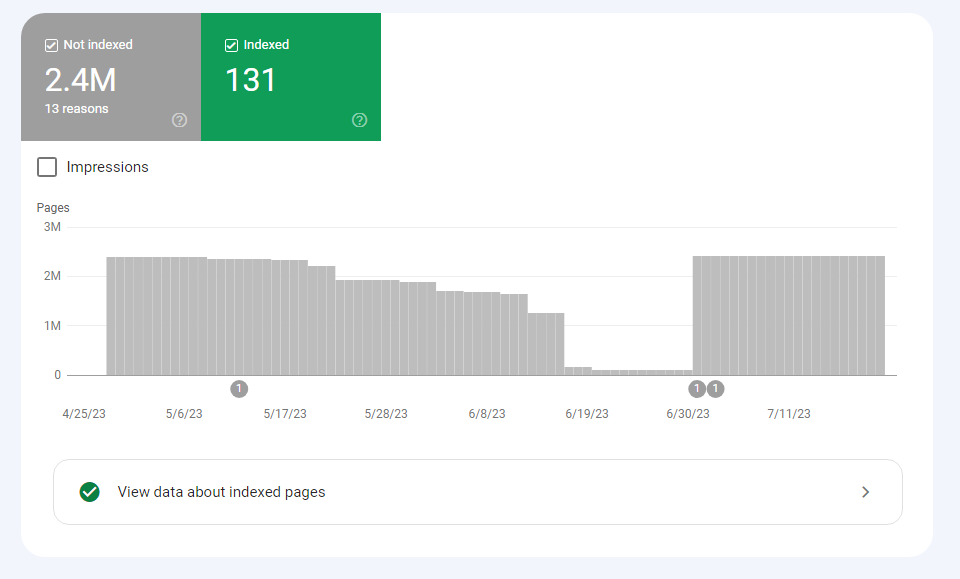- Joined
- Nov 26, 2019
- Messages
- 166
- Likes
- 262
- Degree
- 1
In my opinion, depends on the SERP and what my competition is doing.Do you put a long-tail keyword /search query in your title exactly "as is"?
If a Google dropdown suggestion is displaying something, is it bad to make an article with that exact title (plus anything else after a colon if it fits)?
Wondering how good google is at deciphering different titles that are designed to answer that searches intent, or if I should lean on it being 1:1 more.
Thank you.
However, there are some important notes that I think a lot of people miss when crafting titles (aside from shit like CRO).
Something you'll notice when Googling any phrase is that Google does not return the same "title" for anyone ranking (for terms that matter at least).
So if your competition is trying to rank for say:
splint vs cast for wrist fracture
-No titles are the same.
pets for an apartment
-No titles are the same; Definitely similar, but different.
how to make your cast smell better
-No titles are the same.
when do german shorthaired pointers stop growing
-No titles are the same; Definitely similar, but different. Two of the results - 1st and 7th - swap do and does and pointer and pointers.
----
Now due to Rankbrain, which they came out with in like 2015, you no longer have to semantically dumb down your titles, anchor text, etc.
Google can discern the intent of the search - it's the same story for Local Niche site folks that seemingly want to rank for say "Carpet cleaners Yorba Linda" and they want link builders to exact match anchor with that phrasing.
Now that "anchor" isn't grammatically correct but "Carpet cleaners IN Yorba Linda" is; Google knows that the version with IN means the same thing.
I mean that's like 2nd grade English but I digress.
----
The reason I said it depends on the competition is because I'll typically write my titles so that I don't match any person ranking top 1-10. A common set of modifiers you'll see LOTS of similarity with is something like:
"abc vs xyz: differences explained"
Actual example: "gsp vs weimaraner"
Even in this one, there appears to be one that's the same but that's because Google adjusted it. Going to those pages actually shows they're different.
To quote the link I just cited from Cyrus: "On the other hand, long titles with over 70 characters were rewritten a whopping 99.9% of the time. Any title over 60 characters had a greater than 76% chance of getting rewritten."
----
You noted:
"Wondering how good google is at deciphering different titles that are designed to answer that searches intent."
As an SEO with a website in a specific niche YOU should know the intent of their search far better than the person that's doing said Google search.
Like 3 years ago I wrote something that sort of answers your question inadvertently. I'd suggest reading that too.
----
Those are my thoughts though.
Test them for yourself

